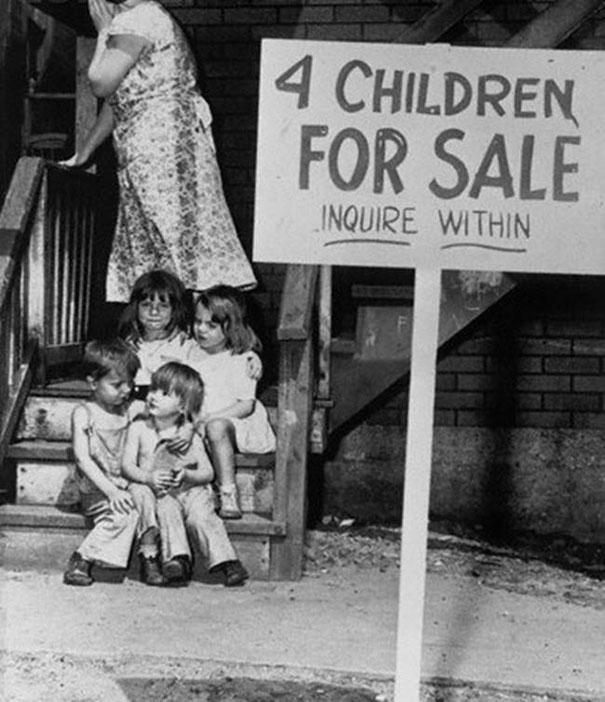
You’re getting divorced and you can’t agree with your ex-spouse-to-be regarding what is best for your children. The two of you continue to argue over custody issues: where the kids should live, what parent time should look like, etc. Someone suggests you engage the services of a Custody Evaluator. It sounds like a fabulous solution! In some cases it is a fabulous solution. In many others it is a recipe for disaster. What do you need to think about before asking the courts for a custody evaluation? What are the benefits and the risks? What will the Custody Evaluator do? Are there valid issues here or is this conflict part of your emotional divorce?
Divorces can be time consuming and costly. Adding a battle for custody on top of all of your other issues simply add to the expense, conflict, and grief. A Custody Evaluator is not a magician - in all honesty you can save a ton of money and grief if you understand how the courts view and make decisions on custody. Read Custody Issues: Where Should The Children Live? to get a clear understanding of whether a fight for custody is in your and your children's best interests.
Before you ask the courts for a Custody Evaluation, you should understand that the evaluation will: 1) be expensive (between $4,000 to $20,000); 2) add about one extra year onto the length of your divorce process; 3) create additional animosity between you and that ex-spouse, and 4) will most likely result in the two of you sitting down and making all of the decisions by mutual agreement anyway. On the positive side, a Custody Evaluation can be used at trial as support of your position - should the Evaluator agree with you. However, there is always the risk the Evaluator will agree with your ex-spouse’s perspective. And the Custody Evaluator’s recommendations are not always adopted by the judge, should your case be one of the few (less than 4%) that ends up in trial.
Custody Evaluations are invasive on your privacy. The evaluator is ordered by the court to determine the best living arrangement for your children, so the evaluation will entail examining how the both of you parent, whether the children are emotionally bonded to one or both parents, whether both parents are capable of providing for the physical needs of your children, and whether both parents are willing the make the children reasonably available to a non-custodial parent. This means the evaluator will want to see you in a variety of settings (including your home) and will ask some fairly personal questions of both of you and of your children. It is typically a very stressful process for everyone involved.
Before you ask for a Custody Evaluation you might want to consider using a mediator to help you formulate the best plan for you, your ex-spouse, and your children. Click here to arrange to meet with one of our experienced mediators. If you are struggling with not wanting to let your children see their other parent, do some careful thinking: if your ex-spouse was a good parent and the kids are emotionally bonded, you need to remember that children need both of their parents. If you believe you have compelling reasons to want to limit parent time or to assume complete decision-making authority, and you are unable to reasonably discuss your children’s best interests, you may be in need of a Custody Evaluation.
Divorces can be time consuming and costly. Adding a battle for custody on top of all of your other issues simply add to the expense, conflict, and grief. A Custody Evaluator is not a magician - in all honesty you can save a ton of money and grief if you understand how the courts view and make decisions on custody. Read Custody Issues: Where Should The Children Live? to get a clear understanding of whether a fight for custody is in your and your children's best interests.
Before you ask the courts for a Custody Evaluation, you should understand that the evaluation will: 1) be expensive (between $4,000 to $20,000); 2) add about one extra year onto the length of your divorce process; 3) create additional animosity between you and that ex-spouse, and 4) will most likely result in the two of you sitting down and making all of the decisions by mutual agreement anyway. On the positive side, a Custody Evaluation can be used at trial as support of your position - should the Evaluator agree with you. However, there is always the risk the Evaluator will agree with your ex-spouse’s perspective. And the Custody Evaluator’s recommendations are not always adopted by the judge, should your case be one of the few (less than 4%) that ends up in trial.
Custody Evaluations are invasive on your privacy. The evaluator is ordered by the court to determine the best living arrangement for your children, so the evaluation will entail examining how the both of you parent, whether the children are emotionally bonded to one or both parents, whether both parents are capable of providing for the physical needs of your children, and whether both parents are willing the make the children reasonably available to a non-custodial parent. This means the evaluator will want to see you in a variety of settings (including your home) and will ask some fairly personal questions of both of you and of your children. It is typically a very stressful process for everyone involved.
Before you ask for a Custody Evaluation you might want to consider using a mediator to help you formulate the best plan for you, your ex-spouse, and your children. Click here to arrange to meet with one of our experienced mediators. If you are struggling with not wanting to let your children see their other parent, do some careful thinking: if your ex-spouse was a good parent and the kids are emotionally bonded, you need to remember that children need both of their parents. If you believe you have compelling reasons to want to limit parent time or to assume complete decision-making authority, and you are unable to reasonably discuss your children’s best interests, you may be in need of a Custody Evaluation.


 RSS Feed
RSS Feed